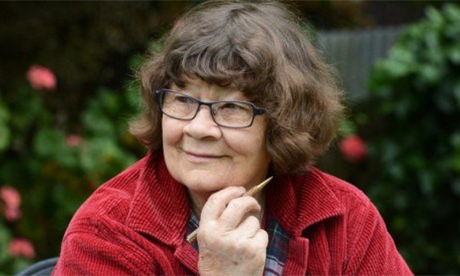A friend who divides her time between New Zealand and the European country of her birth, says New Zealand is the most caring country in the world.
“People look out for each other,” she says. “If someone falls in the street, people run to help them.”
Her opinion may be fashioned by her own compassionate nature.
I would hesitate to put us top of the class in an international love-your-neighbour test. But there is some evidence that where charity is concerned, we do a little better than some more affluent countries.
Why?
There may be a number of factors – small population, social conscience, the awareness that the work/income ratio favours some more than others. Kiwis are quite strong on justice: it’s a national trait.
In this country, Catholics are particularly sensitive to the needs of struggling families.
It is part of our ethos to live with St Augustine’s words: “He who possesses a surplus, possesses the goods of another.”
The Gospels take this message further in the story of the rich young man who turned away from true wealth. Not that Jesus expects us to sell all we have and give it to the poor.
It’s not what the story is about. Jesus was reminding the young man – and us – that selfishness keeps us in a prison of one, while sharing what we have, takes us to a larger place of spiritual freedom.
Giving, however, requires discernment.
How do we give wisely?
We feel safe with the planned giving in our parish; but if we want to go beyond that, how do we know that our money is going where it’s needed? Some commercial collecting agencies pass on only 10% of donations.
Direct giving can also be unwise. Many years ago I gave a sizeable sum of money to a person in distress, not knowing she had an addiction. The money nearly killed her.
Another time, when I gave to a woman begging on the street, she flung her arms around me in gratitude.
I then realised her breath smelled of alcohol and she was heavily pregnant. I had just contributed to foetal alcohol syndrome.
So, while we do need to be wise in our giving, sharing what we have is an essential part of our faith, founded in the Gospels and their Judaic traditions.
In fact there is no word in Judaism for charity: the word used is Tzedekah meaning obligation to justice.
Middle-Eastern culture places much importance on hospitality to the stranger. It is called a spiritual practice because when doors are opened, hearts are opened.
I believe that hospitality in the form of giving within the church is also a spiritual practice: we give in God’s name and not our own.
In our little household, two priorities are Caritas and Bishop Pat Dunn’s Catholic Caring Foundation.
Caritas meets crises world-wide and authentically caters for need.
The Catholic Caring Foundation takes care of poverty and misfortune closer to home. Both are based on Jesus’ calling to be compassionate as our Heavenly Father is compassionate.
This takes us all to a larger place. By giving we can be vessels through which Jesus heals.
- Joy Cowley is a wife, mother, grandmother, great-grandmother and retreat facilitator.
